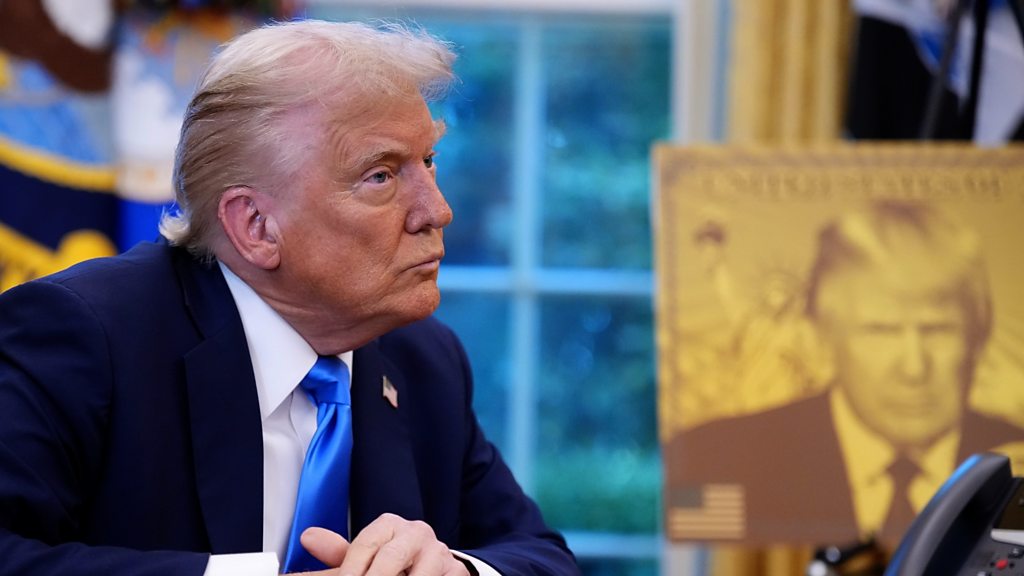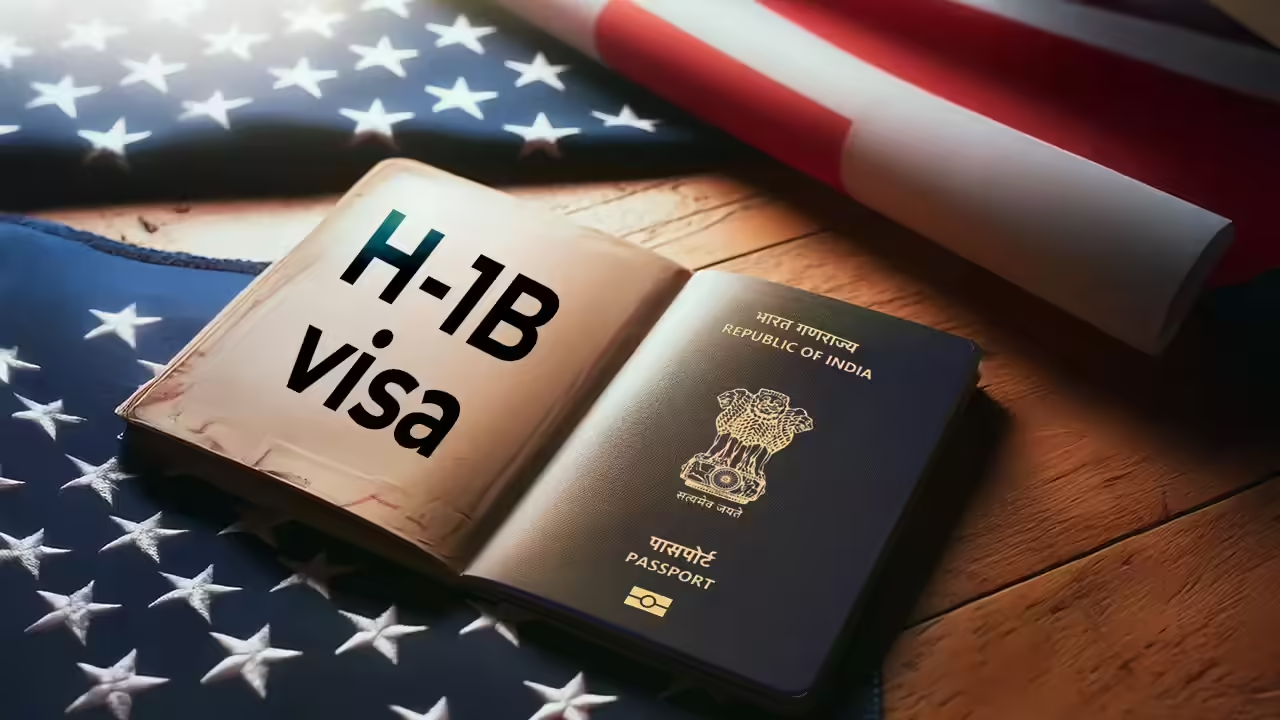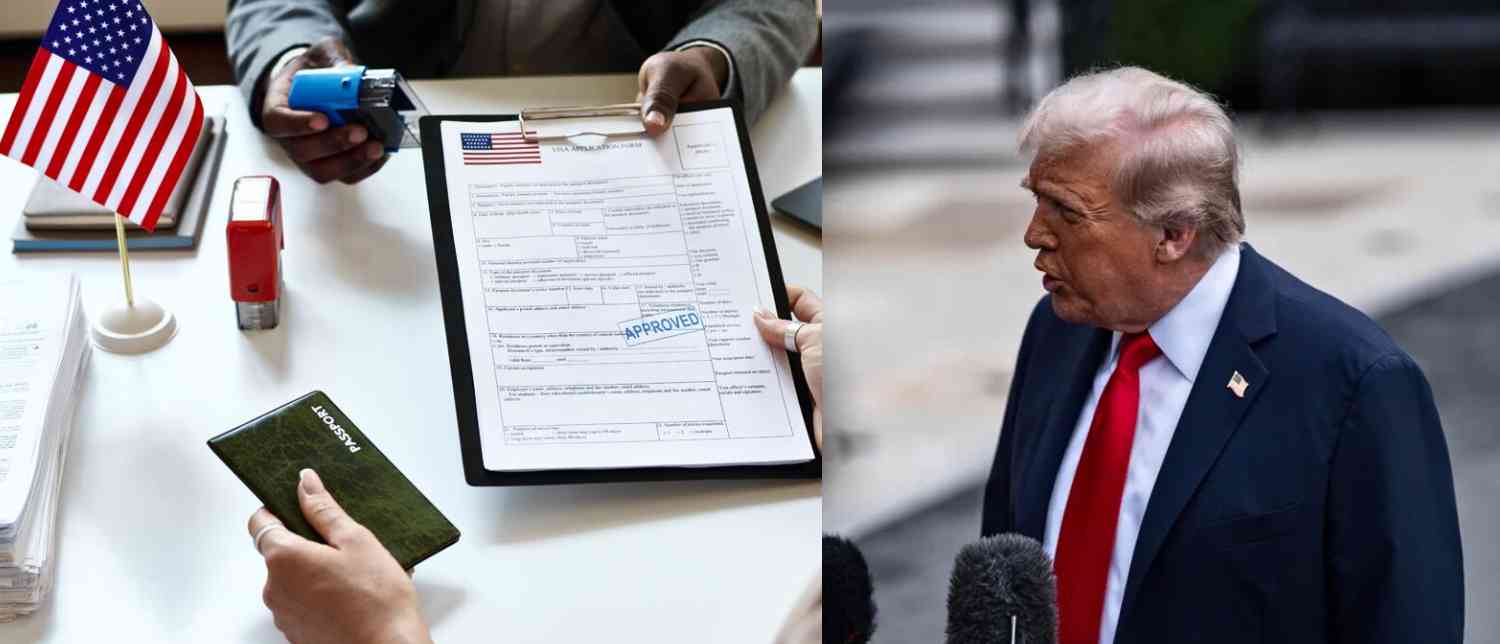The debate over United States immigration policy has been renewed amid news that Donald Trump's election campaign would see the H‑1B visa fees skyrocket dramatically — potentially raising it as high as $100,000 per visa. To American companies that have grown dependent on foreign talent, especially in the realms of technology and engineering, this is a proposal that may prove a turning point in United States global competitiveness.
What is the H‑1B Visa?
The H‑1B visa permits American employers to recruit overseas highly qualified professionals in highly specialised fields like software development, biotechnology, finance, and medicine. The new H‑1B visas each year total about 85,000 and they often have applicants chosen on a lottery basis as they demand high volumes.

The current cost for all H‑1B visa petitions is $5,000 to $10,000, which covers lawyer fees as well as processing fees. Suggesting a rise all the way up to $100,000 — a twenty-time increase — would represent the largest-ever increase in American immigration fees.
Why is the fee proposed?
Trump and his supporters also point out that increasing the fee would have a double function: discouraging firms from "outsourcing" jobs for lower-paid overseas labor and urging firms to hire additional American workers. They also think that the act would decrease reliance on overseas talent and retain high-income jobs inside the country.
Backers call it a move towards "economic nationalism" — a bid to preserve home-based jobs and bolster native manufacturing and inventing. They contend that big companies have long depended on imported labor in an attempt to save a buck, and often at the American worker's expense.
The Business Backlash
Nevertheless, there have been intense concerns from several US firms, especially in Silicon Valley. The question here is not that they do not want American workers but that they need specific skill that the labour market does not provide at the moment. These sectors as artificial intelligence, data science, semiconductors, and health depend significantly on H‑1B experts from nations such as China and India.

The new $100,000 fee might prove fatal for small and medium‑sized enterprises (SMEs). The companies might not be able to withstand such expenses and might miss out on opportunities for growth and innovation. Larger companies also claim the policy would slow projects, raise product prices, and take innovation overseas.
Global Talent and Economic Effect
Technology experts also worry that charging that much will send gifted migrants — which often bring graduate educations and creative talent — packing to other destinations such as Australia, Britain, or Canada. Those countries have been busy streamlining visas for overseas talent.
Commentators also point out that foreign experts on H‑1B visas do not simply fill posts but facilitate their creation. In 2021, research demonstrated that H‑1B employees played a crucial role in the development of American tech firms, sustaining thereby thousands of domestic employment indirectly. By limiting their entry, this paradoxically might have the effect of retarding innovation, diminishing productivity, and deterring overseas investment.
Political and Social Reactions
The public responses in America range from both sides. Some working-class voters support the measure, believing that it will reduce competition for employment. Some believe that it is short-term thinking that will isolate the US from the global talent pool. In political quarters, Democrats and a few middle-of-the-road Republicans have stated that this huge increase in fee will be bad for the economy and will be sending the wrong signal about the openness of America.
_1759558884.webp)
There is also a humanitarian aspect of the argument. Many H‑1B workers settle in the US – purchasing homes, having families, and settling into communities. Pricing them out could have an impact not only on firms but on American society as a whole.
Striking a Middle Ground
Perhaps a fairer approach would be modest fee changes coupled with tougher controls over companies' use of H‑1B visas. For instance, having reasonable wages and diversified hiring but making it feasible could do both — safeguard domestic employment and sustain global innovation links.
The real question isn't whether there's a place for foreign professionals in the US, but how it can do so and bolster, rather than dismantle, its economy. A $100,000 fee can strike a populist note but will risk turning the US visa regime into an elite prerogative rather than a unifying platform for co-opetition. Competition for brains in a world of innovation is intense. A policy that would discourage talent from arriving would lose out on the US much more than would be raised by any visa fee.
With inputs from agencies
Image Source: Multiple agencies
© Copyright 2025. All Rights Reserved. Powered by Vygr Media.

























